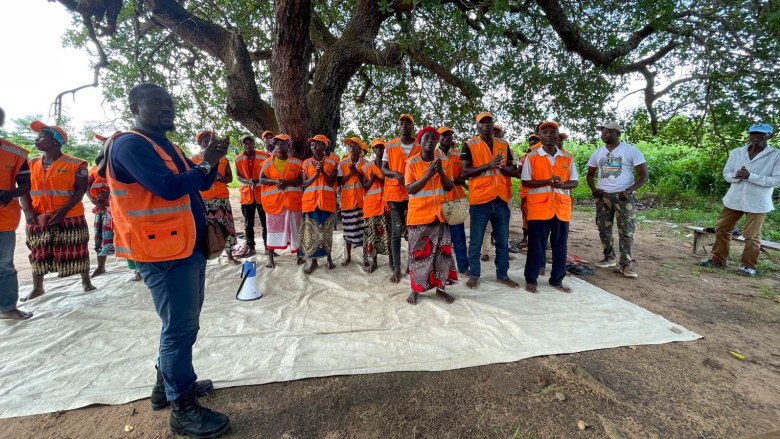Announcement
Field Survey on Community-based Flood Early Warning System in the Licungo River Basin, Zambezia Province, Mozambique
From February 23 to 28, the NIED team, comprising members from the Research Division for Social Resilience, the Research Division for Storm, Flood and Landslide Disasters, and the International Affairs Division, conducted a field survey in the Licungo River Basin, Zambezia Province, Mozambique. The objective was to evaluate the current conditions surrounding early warning and evacuation measures in response to flooding.
The Licungo River Basin is frequently affected by severe flooding caused by heavy rains and cyclones, which significantly disrupt the lives of its residents. Despite government efforts to implement early warning systems, persistent challenges, such as technical limitations and residents’ reluctance to evacuate, continue to hinder the effective reduction of disaster risks.
Interviews conducted by the NIED research team with local government agencies, research institutions, and community leaders uncovered several factors contributing to the difficulties in residents' evacuation efforts. These include challenges surrounding land ownership issues, region-specific cultural and lifestyle characteristics, technical issues, and a lack of disaster awareness among residents.
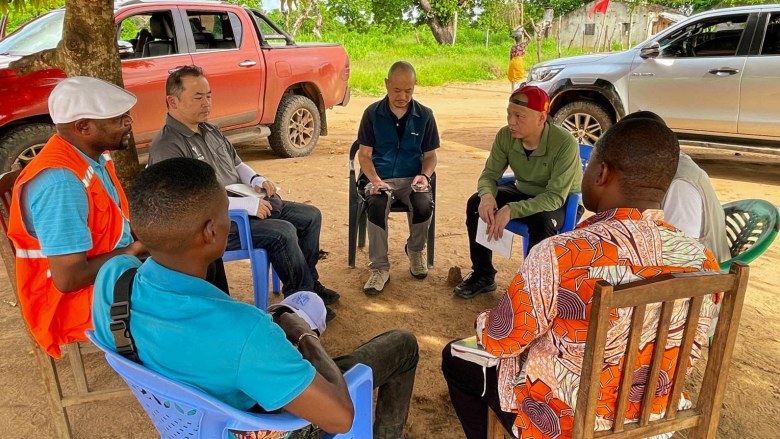
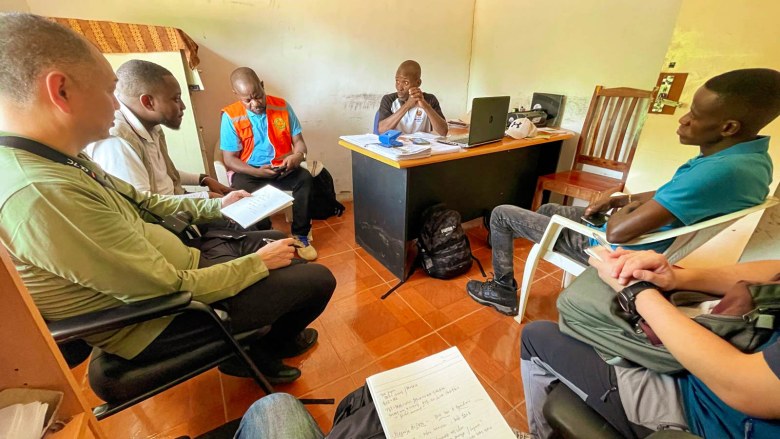
Additionally, discussions with Licungo University, Eduardo Mondlane University and government departments, such as the National Institute for Disaster Management
(INGD) and National Institute of Meteorology (INAM), shed light on the flood early warning system’s current state and its challenges, providing valuable insights into areas that require improvement.
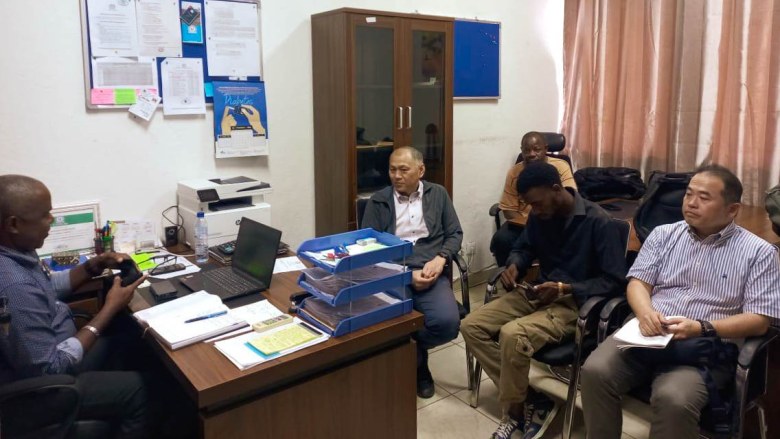
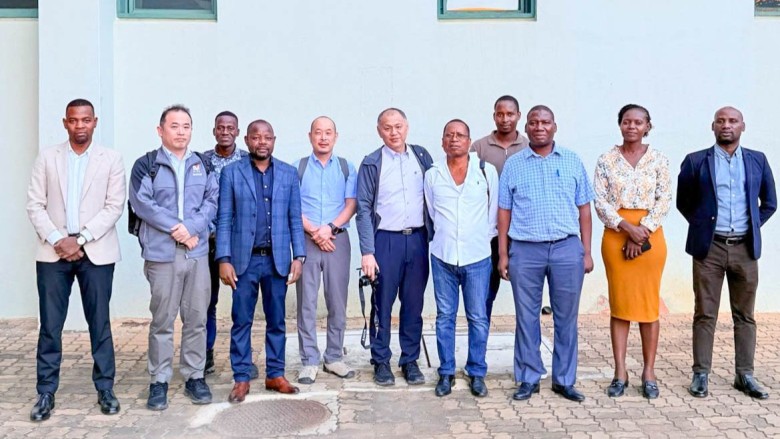
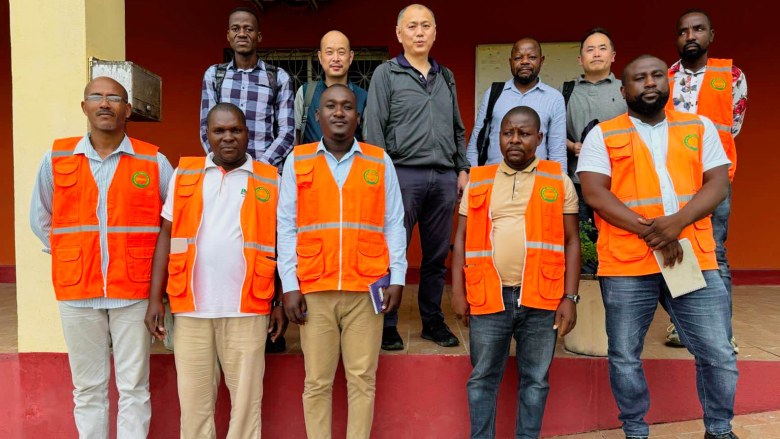
In the Licungo River Basin, various organizations such as the World Bank, KOICA (Korea International Cooperation Agency), JICA (Japan International Cooperation Agency), and INGOs have been actively providing support, resulting in gradual improvements in disaster preparedness and response. Nevertheless, the ongoing impacts of climate change combined with rapid economic development continue to increase disaster risks, indicating that substantial issues in disaster risk reduction (DRR) still remain. These circumstances emphasize the critical need for stronger collaboration among DRR stakeholders, including research institutes, to address these challenges effectively.
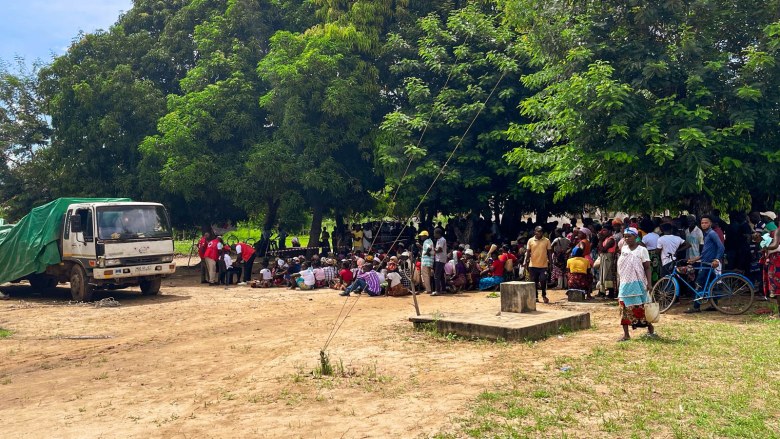
Through our field survey, we also observed significant efforts by Mozambique's local disaster management managers and local volunteers. Their proactive approach to simultaneously improving livelihoods and enhancing disaster resilience reflects a forward-thinking commitment to overcoming these challenges.
Moving forward, NIED is dedicated to furthering its research, fostering stronger relationships with local stakeholders, and collaborating with regional researchers. These efforts aim to bolster Mozambique's disaster resilience through innovative and science-driven strategies.
